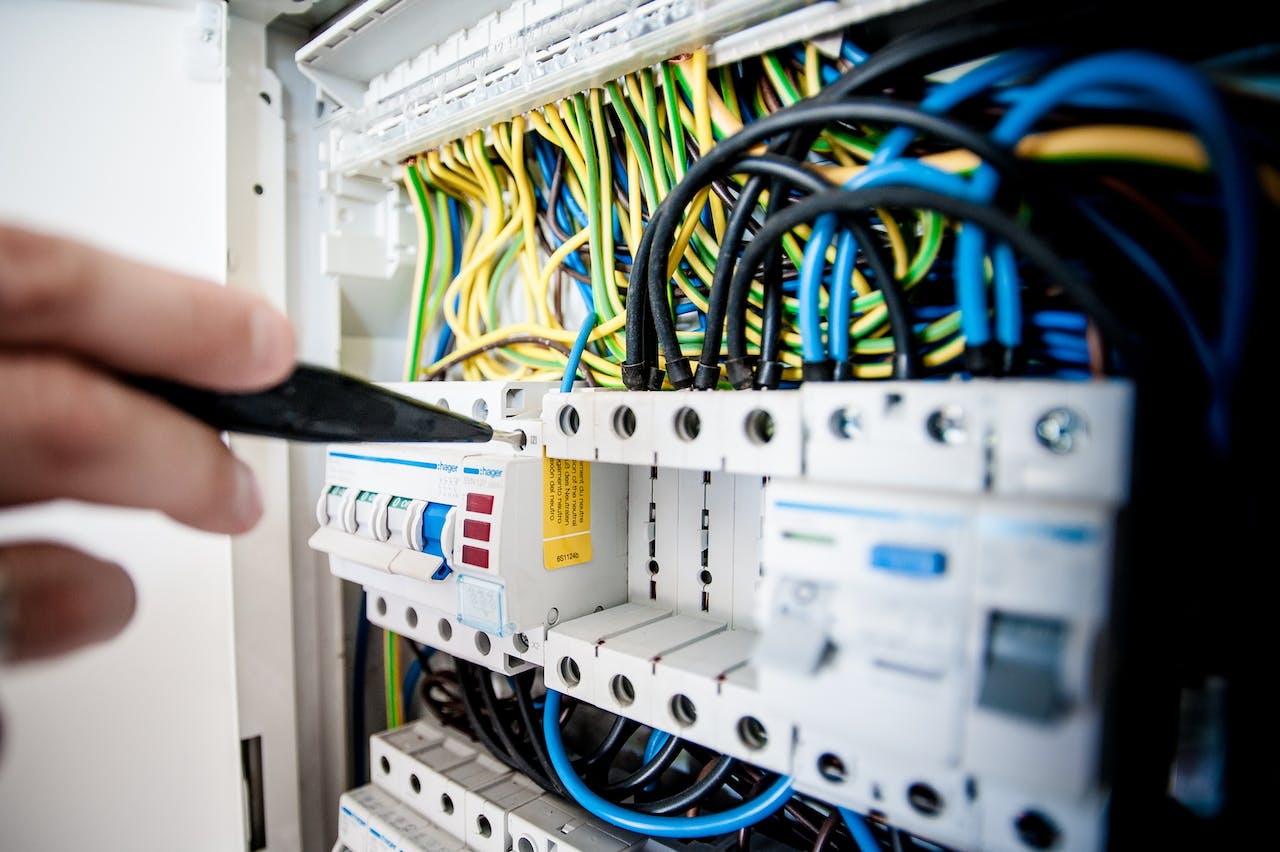Last update at :2023-12-27,Edit by888u
For novice friends, we often hear about dynamic pages, static pages, pseudo-static pages, etc. in some SEO tutorials, and some SEO experts also say that pseudo-static pages are better for website optimization, etc. I don’t comment on these on this website, because I don’t have the capital to comment on what is right and wrong. Of course, if you are a real expert, you can comment, but I am just a rookie, constantly absorbing nutrients.
Now let’s sort out the information about the advantages and disadvantages of website static and pseudo-static in SEO.
Pseudo-static means that the website itself is a dynamic web page, such as .php, .asp, .aspx and other formats. Sometimes such dynamic web pages also add parameters with "?" to read different data in the database. It just changes the presentation form of the URL. It is actually a dynamic page. Of course, its advantages in SEO are still there.
What is pseudo-static (url rewriting)? URL rewriting is the process of intercepting incoming web requests and automatically redirecting the requests to other URLs.
What is a static page? A static page uses program functions to generate several html pages.
So what is the difference between the two?
Static pages: occupy the least server CPU and memory resources, but occupy hard disk space. And when the number reaches a certain level and the number of visits is too high, the page will still open slowly.
Pseudo-static: takes up less hard disk space, but takes up server CPU and content space. Once the number of visits is too high, the phenomenon of stuck will also occur.
Disadvantages of static pages
Since the data is stored in HTML, the file is very large. And the most serious problem is that if you change the source code, you must change the entire source code. You cannot change one place, and the static pages of the entire site will be automatically changed. If it is a large website with a lot of data, it will take up a lot of server space, and a new HTML page will be created every time you add content. Maintenance is troublesome if you are not a professional.
Static page SEO benefits
Static pages are very friendly to search engines. As for why they are friendly, many individual webmasters may not know. We can directly find what search engines like by looking at the advantages. What search engines like most is fast speed. Fast speed means that your website server is very good. Although this speed increase is very weak, it may only be a few milliseconds or less, but it may be this little time that makes search engines more efficient. I like you.
Disadvantages of pseudo-static
1. Of course, as the author of an article said: "If the traffic is slightly larger and pseudo-static is used, the CPU usage will be overloaded. I have more than 300 people online at the same time and it will hang. When I do not use pseudo-static, More than 500 people are online at the same time and they are not hung up. My IIS number is 1000." This is indeed the case. Since pseudo-static is judged by regular expressions instead of real addresses, the responsibility for which page to display is also transferred to the CPU from direct designation. , so the increase in CPU usage is indeed the biggest drawback of pseudo-static.
2. Low website endurance
In addition, it will cause the website to be able to withstand a sharp decrease in the number of people online at the same time. If your website can be guaranteed to be visited by 1,000 people at the same time, then after pseudo-static processing, 300 people will be enough to crash your website.
3. The webpage is slow to open.
The pseudo-static page opens so fast, it’s so funny. The pseudo-static page still has to read the database, and there is an additional process of rewriting the URL. The other steps are definitely not less than the dynamic one, how can it be faster? What?
4. A large number of duplicate pages.
After making pseudo-static, the original pages can also be accessed, which results in a large number of duplication of pseudo-static pages and dynamic pages, which is extremely bad for the website.
5. Server support is required.
Not all servers support pseudo-static, which virtually increases the cost. Therefore, if the dynamic parameters in the URL do not affect search engine inclusion, dynamic ones are much better than pseudo-static ones.
6. Making real static web pages inaccessible.
If you change PHP pseudo-static into HTML, then the real static page will be inaccessible.
SEO benefits of pseudo-static
1. Real static page space has a large storage capacity. Deleting or updating these HTML files can cause a large number of file fragments and damage disk bad sectors. Pseudo-static can better relieve the pressure on the server and enhance the search engine's understanding of the page. Included; although dynamic pages can be updated in real time, they sometimes lead to endless loops and are unfriendly to search engines. This does not happen with pseudo-static pages.
2. Pseudo-static URLs are clearer and easier to attract users to click. In addition to click-through rates, static addresses are also not conducive to memory. For SEO, of course, static pages are more effective, but if the website now completely implements static pages, the workload will be relatively large, and some functions are difficult to implement! Therefore, it is recommended to use pseudo-static.
The content of this article comes from the Internet and is integrated with information from a large number of materials. So I would like to thank those friends who really share their experiences. The sharing spirit of the Internet is no longer what it used to be.
Recommended site searches: US hosting reviews, high-defense US servers, how much does it cost to rent a server for one year, cancellation registration, website query domain name, Taiwan server, Hong Kong server recommendation, https proxy ip, domain name registration service, registered domain name








发表评论